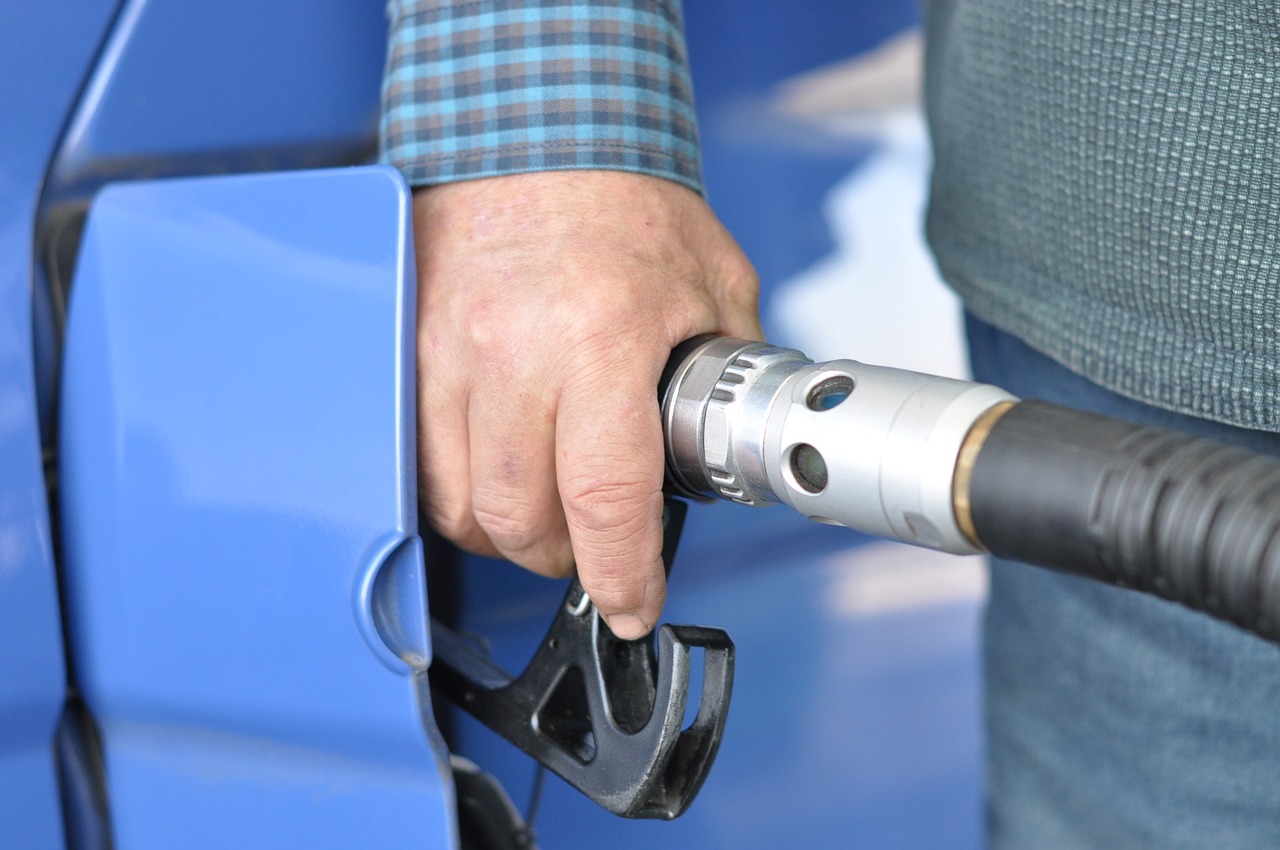With car travel increasing during the holidays, drivers should keep groundwater safety in mind when refueling – whether the gas station is located inside a Marion County groundwater protection area or not.

In groundwater protection areas (also known as wellfield protection areas), gasoline leaked or spilled on the ground can enter the water supply. While our public water system is equipped to filter out hazardous chemicals, it is important to prevent pollution as much as possible.
Here are some tips to keep gasoline off the ground and out of the water supply near refueling stations.
- Do not jam the refueling latch on the nozzle open – use only the latch provided on the nozzle.
- Do not try to top-off your tank when the automatic refueling stops.
- If you are refilling without the automatic stop – a good guideline is to fill to 95% of tank capacity. On hot days, allow room in the tank for the fuel to expand.
- Never allow children to operate the pump. Model good refueling practices for them at a young age for when they are licensed drivers.
- Stand by the tank and focus only on refueling so you can act quickly if something goes wrong.
- If you have a spill accident, notify the refueling attendant immediately!
If happen to run out of gas and need to purchase a refueling container:
- Only use approved containers. Never store gasoline in glass or any other unapproved container.
- Place the container on the ground when refueling, and never on the bed of a work vehicle.
- Keep the nozzle in contact with the fuel tank’s inlet tube.
- Fill container slowly to avoid splattering and no more than 95 percent full to allow for expansion.
- After filling, wipe off the container and ensure the cap is secure and the air vent is tight.
- When transporting gasoline in a portable container make sure it is secured against tipping and sliding.
- If you have a spill accident, notify the refueling attendant immediately!
Improper refueling can lead to leaks and spills, but it can also cause burns, fires or explosions. For more safety tips at the pump visit: https://www.api.org/oil-and-natural-gas/consumer-information/consumer-resources/staying-safe-pump.
